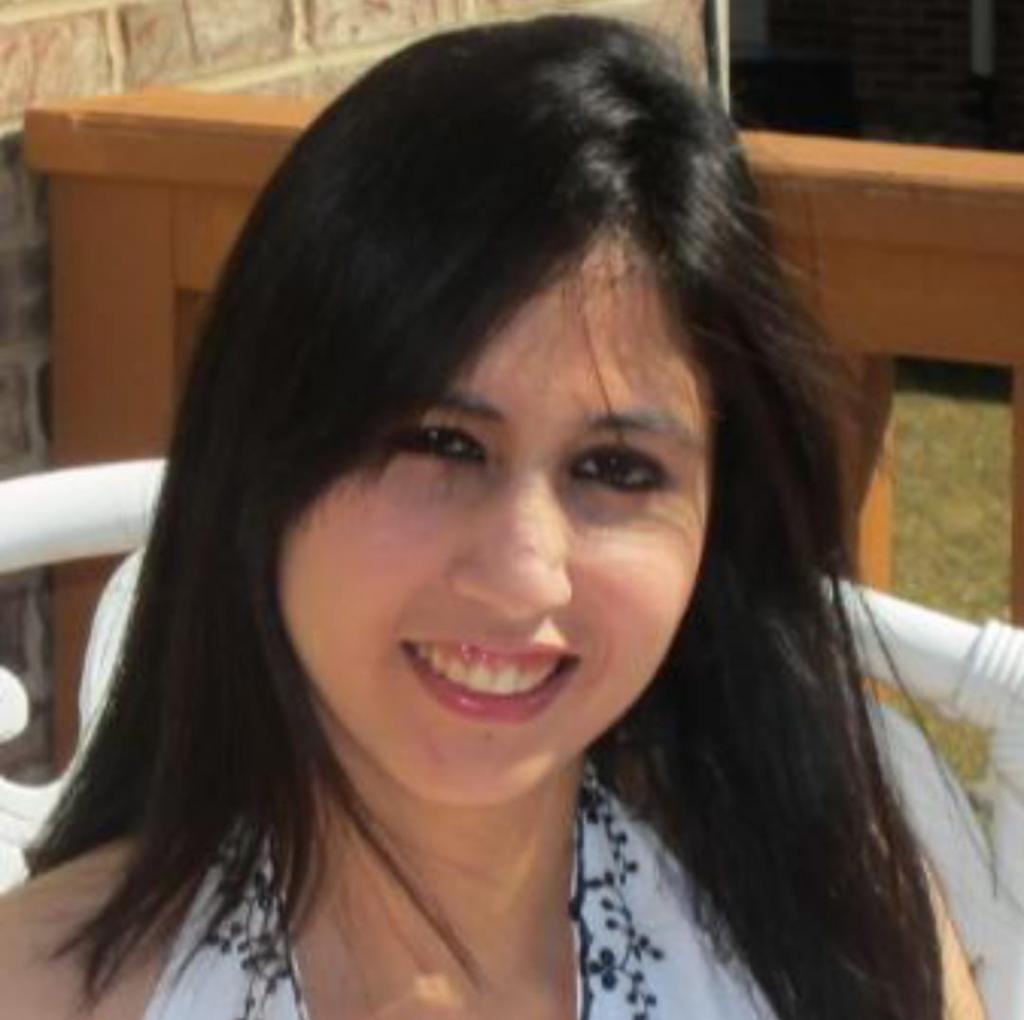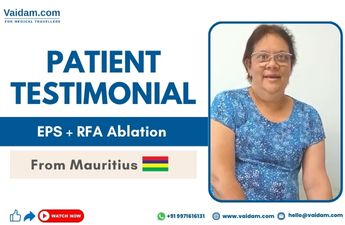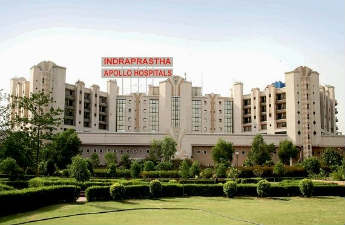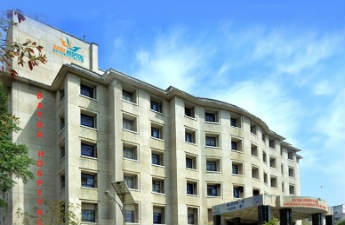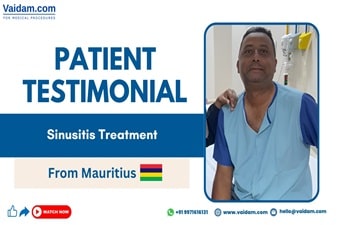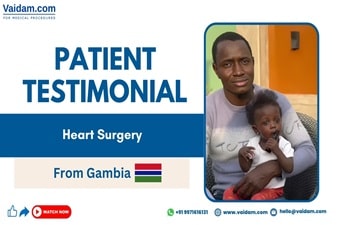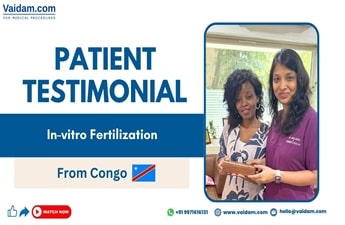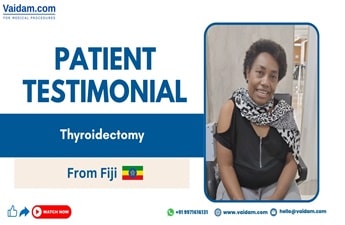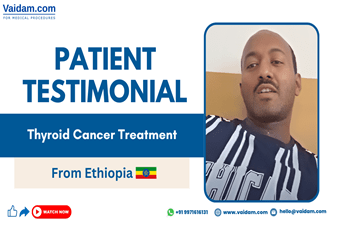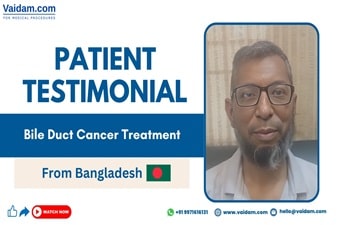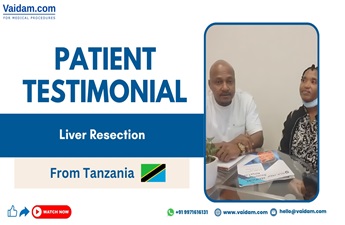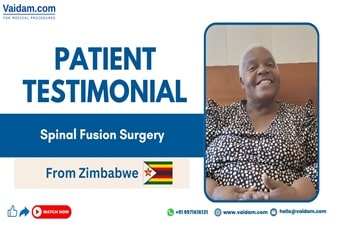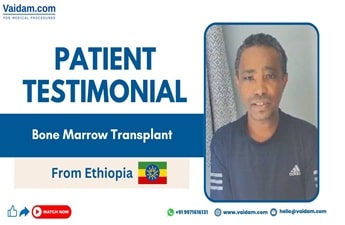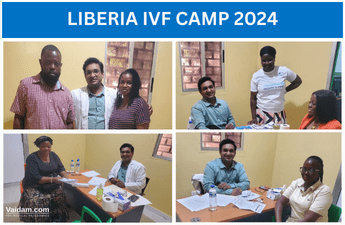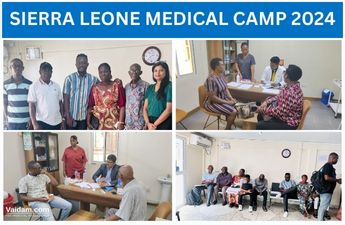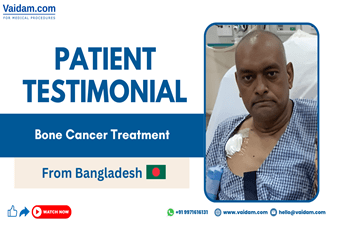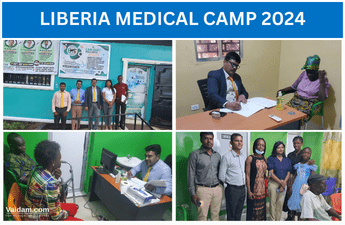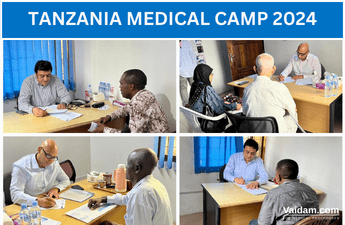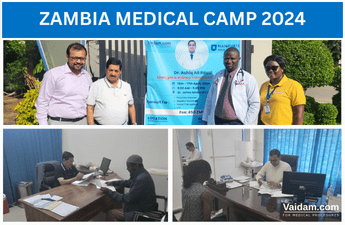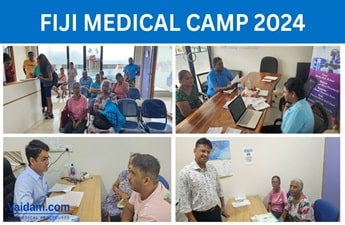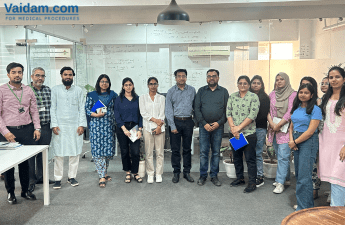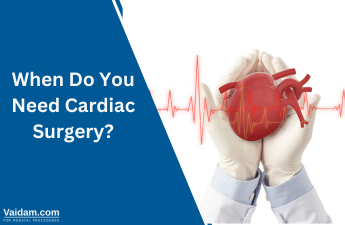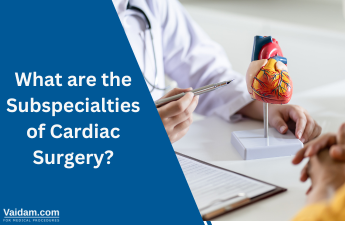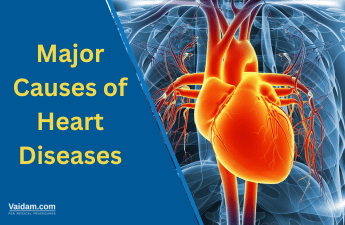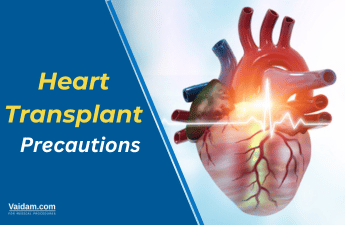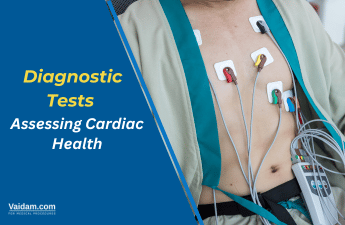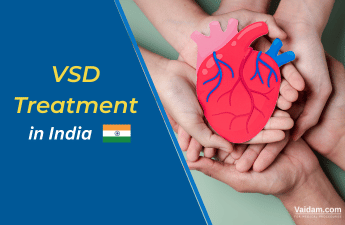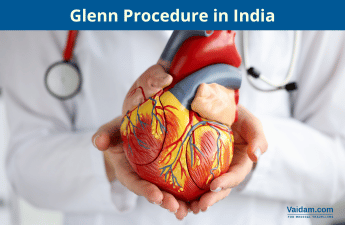A cardiac surgeon, often known as a cardiovascular or cardiothoracic surgeon, is a doctor who performs surgery on the heart and arteries to treat heart disease and other conditions. After diagnostic tests have been performed and evaluated, it is customary for a cardiologist to recommend the patient to a cardiac surgeon. Dr Bhaba Nanda Das is the Chief Cardiothoracic surgeon at the Inderprastha Apollo Hospital, New Delhi. He has vast experience of more than 36 years in the field of cardiology.
He is a well-known and respected cardiothoracic surgeon in Delhi. With over 36 years of expertise, he has conducted over 20,000 heart operations to date. Dr Das has completed his MBBS, MS & McH from some of the most eminent institutes in Delhi. Following which he has attained his fellowship from WHO.
Dr B N Das has his expertise in CABG on beating heart, Aortic Aneurysm Surgery, Double Valve Replacement/ Mitral Valve Replacement /Aortic Valve Replacement, All types of Congenital anomalies & Intra Cardiac Repair.
Types of Valve Replacement Surgery
1.Aortic Valve Replacement
The aortic valve is an outflow valve on the left side of the heart. Its function is to allow blood to exit the heart's primary pumping chamber, the left ventricle. Its role is also to keep blood from leaking back into the left ventricle. If you have a congenital problem or illness that causes stenosis or regurgitation, you may need surgery on your aortic valve.
A bicuspid valve is the most frequent form of a congenital defect. The aortic valve normally contains three pieces of tissue known as leaflets. This is known as a tricuspid valve. Because a faulty valve has only two leaflets, it is referred to as a bicuspid valve. According to recent research, aortic valve replacement surgery has a 94 per cent five-year survival rate.
- Your age,
- overall health, and
- other medical problems all influence your chances of survival.
2.Mitral Valve Replacement
The mitral valve is found on the heart's left side. It functions as an inflow valve. Its function is to enable blood to flow from the left atrium into the left ventricle. If the valve does not fully open or close, surgery may be necessary. When the valve is excessively thin, blood may have difficulty entering. This can cause it to back up, resulting in pulmonary hypertension. Blood might flow back into the lungs if the valve does not seal properly. This might be caused by a congenital abnormality, an infection, or a degenerative illness.
The faulty valve will be replaced with a metal artificial valve or a biological valve. The metal valve will last a lifetime, but it will necessitate the use of blood thinners. The biological valve will last between 15 and 20 years, and you will not be needed to take blood-thinning medication. The five-year survival rate is around 91%.
The following factors also influence survival rates:
- what is your age
- your general health,
- as well as any other medical issues
3.Double Valve Replacement
A double valve replacement involves replacing both the mitral and aortic valves, as well as the complete left side of the heart. This form of surgery is less prevalent than others and has a somewhat greater fatality rate.
4.Pulmonary Valve Replacement
The pulmonary valve is a valve that connects the pulmonary artery, which transports blood to the lungs for oxidation, with the right ventricle, one of the heart's chambers. Its function is to allow blood to pass from the heart to the lungs through the pulmonary artery. The necessity for pulmonary valve replacement is typically caused by stenosis, which reduces blood flow. A congenital abnormality, illness, or carcinoid disease can all induce stenosis.
Recovery
The majority of heart valve replacement patients are hospitalized for five to seven days. You may be able to go home sooner if your operation was minimally invasive. During the first few days after a heart valve replacement, medical personnel will provide pain medication as needed and continually check your blood pressure, respiration, and heart function.
Depending on your rate of healing and the type of surgery performed, full recovery might take a few weeks to several months. Infection is the most common danger immediately following surgery, therefore keeping your incisions clean is critical. If you develop symptoms of infection, such as
- fever,
- chills,
- pain, or
- swelling at the incision site,
Valve Replacement Surgeries are beneficial and safe options for critical patients. Always consult your doctor for the best choice.

